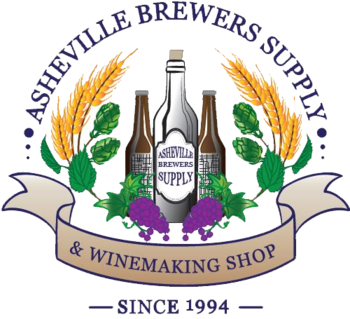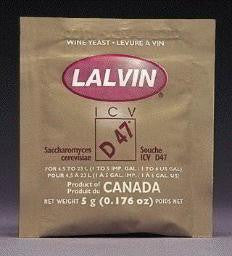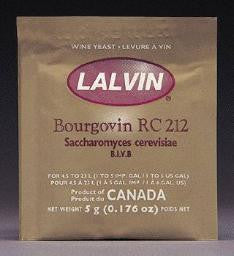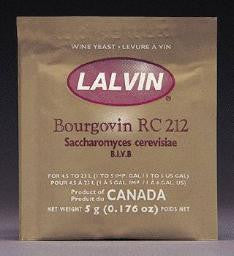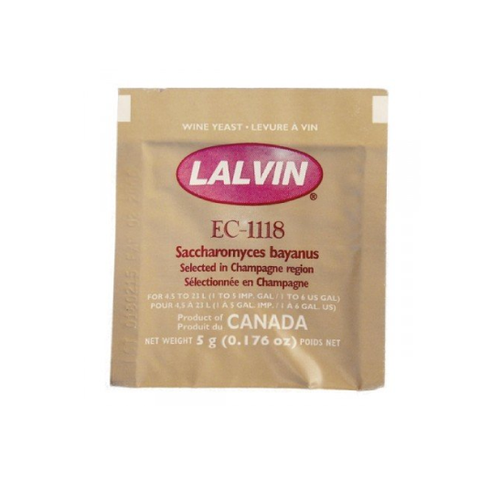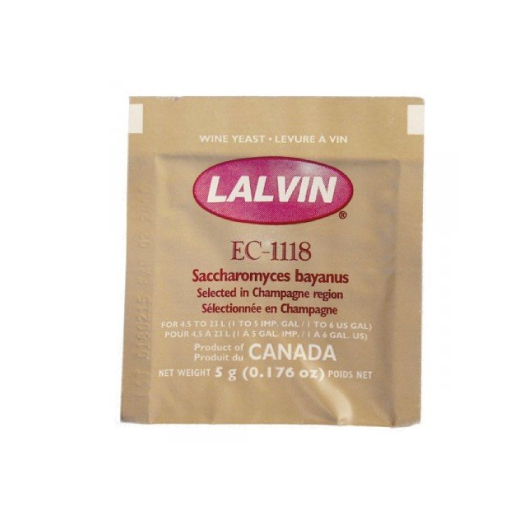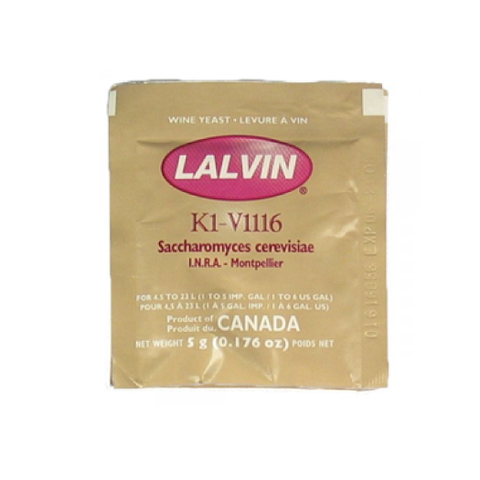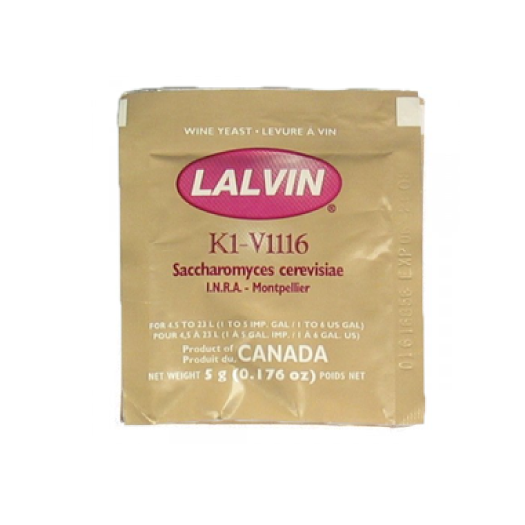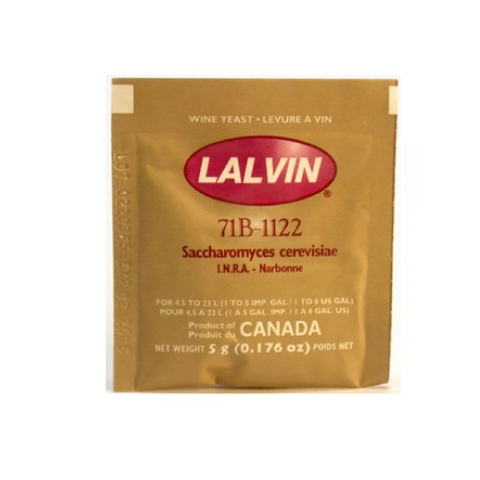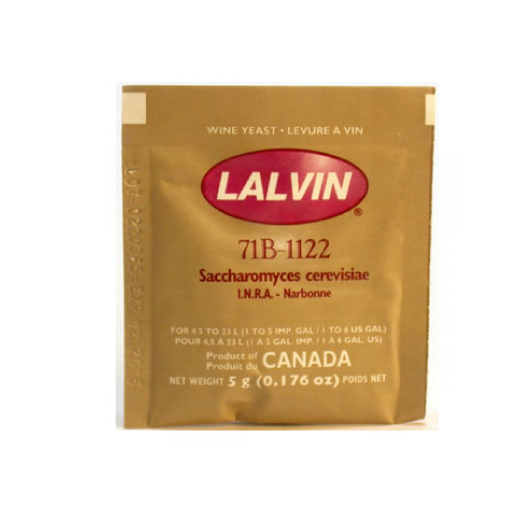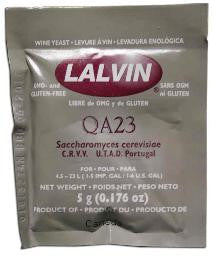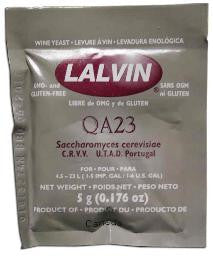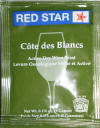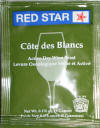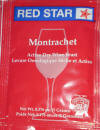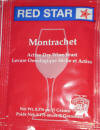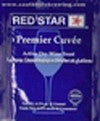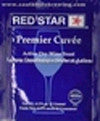Lalvin D47
Related Products
Lalvin Bourgovin RC 212
$ 2.00
14% alcohol tolerance. A moderate speed, low-foaming fermenter ideal for full-bodied reds. Promotes color and tannin stabilization for lighter reds throughout fermentation and aging.It is used for reds where full extraction is desired.Emphasizes fruit and spice notes. Accentuates red grape character and is the classic strain for Pinot Noir and f...
Lalvin EC-1118
$ 2.00
18% alcohol tolerance. A very competitive yeast that will inhibit wild yeasts. It will restart stuck fermentations because of good alcohol and sulfite tolerance. This is a very neutral yeast that will have very little effect on the varietal character of the grape. A popular strain that ferments fully and flocculates well producing compact lees. ...
Lalvin Montpelier (K1V-1116)
$ 2.00
18% alcohol tolerance. A vigorous and competitive fermenter that, because of its neutral effect on varietal character, is very well suited to fruit wines as well as wines to be made from grapes. Also known as the "Montpellier" strain. 59-86° F (15-30° C)
Lalvin Narbonne 71B
$ 2.00
Formerly called 71B-1122. 14% alcohol tolerance. Semi-dry white wine yeast that will enhance fruit flavors and add fruity esters. Limits phenol extraction and may neutralize up to 40% malic acid, producting a smooth and rounded nouveau wine that will mature quickly. Great for whites, roses, nouveaus, and concentrates.; works very nicely in mead ...
Lalvin QA23
$ 2.00
16% alcohol tolerance. An excellent choice for wine styles like Chardonnay, Sauvignon Blanc, Semillon, Chardonel and Gewurztraminer. Low nutrient and oxygen requirements, and it has been known to ferment juice at low temperatures (59 degrees F) to dryness. An excellent thiol converter making it a complementary yeast for developing varietal Sauvi...
Red Star Cote des Blancs
$ 2.00
SACCHAROMYCES CEREVISIAE Fast fermenting strain that ensures a regular fermentation even at low temperature (12C to 14C, 53F to 57F). Alcohol tolerance: >14% vol. Allows an optimum aromatic expression for the production of wines derived from neutral grape cultivars.
Red Star Premier Classique
$ 2.00
A house favorite! Formerly "Montrachet" Temp range 59-86F. Alcohol Tolerance 13%. Great choice for producing dry, full-bodied red and white wines. Enhances color and flavor while preserving tannin content. Will produce hydrogen sulfide gas in the presence of excess sulfur compounds and therefore should not be used to ferment grapes with residua...
Red Star Premier Cuvee
$ 2.00
SACCHAROMYCES BAYANUS The fastest, cleanest & most neutral fermenter. High tolerance to ethanol (till 18% vol.) & free sulphur dioxides. Performs well for restarting stuck fermentations. Champagne yeast.
